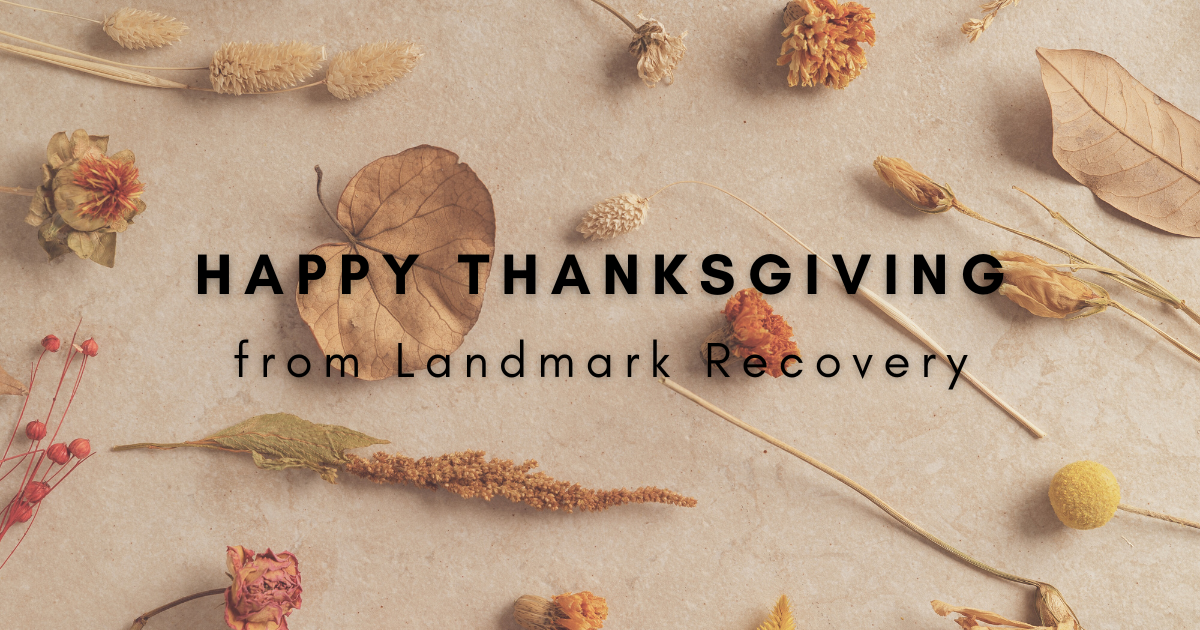If you’re just beginning a recovery from a substance use disorder, the concept of submitting to a higher power, could seem foreign, especially if you’re not very religious. The idea that a higher power can help you through an addiction is used in groups like Alcoholics Anonymous (AA). But what does a “higher power” really mean?
What is a Higher Power in Addiction Treatment?
The concept of a higher power in addiction treatment revolves around the belief that spiritual connection can be a way to overcome a substance use disorder. It’s a foundational part of 12-step programs for drug or alcohol addiction. It introduces a spiritual force that you can use to work through the steps and essentially keep you motivated and feeling supported. In AA a higher power is first mentioned in step two: “We came to believe that a power greater than ourselves could restore us to sanity.”
The higher power concept is one of the core influences behind many of the successive steps in the complete 12. Without this spiritual force, the process of working past substance use can be difficult, according to those who advocate the 12-step path of recovery. Bill Wilson, the founder of AA, illuminated his view on the higher power’s usefulness in Appendix II of the Alcoholics Anonymous book:
“Quite often friends of the newcomer are aware of the difference long before he is himself. He finally realizes that he has undergone a profound alteration in his reaction to life; that such a change could hardly have been brought about by himself alone. What often takes place in a few months could seldom have been accomplished by years of self-discipline. With few exceptions our members find that they have tapped an unsuspected inner resource which they presently identify with their own conception of a Power greater than themselves.”
Do I Need to Be Religious for AA?
No, you don’t need to be religious to join AA. The higher power they speak of doesn’t mean that you must believe in the Christian God; despite the Christian beliefs of the founders, their main rational purpose for AA was in getting those desperately in need of recovery to understand a path that worked best by guiding them through the 12 steps toward beating their addiction.
Do You Have to be Christian in AA?
What if you aren’t a Christian or even religious at all? AA is unique in that it’s an open group that values the spiritual experience in relation to the recovery experience regardless of belief or creed. The higher power you choose can even be a doorknob or AA itself! The concept itself is more important than the higher power, no matter what you consider your higher power to be. At its core, it’s about externalizing your responsibilities and purpose so you can get over yourself as a stumbling block on the path to recovery.
Where Did the Higher Power Come From?
William James, one of the great modern philosophers and the father of modern American psychology, was instrumental in the early AA organization’s formulation of the “higher power” as essential to the achievement of lasting recovery. The concept originates in his 1902 groundbreaking book, The Varieties of Religious Experience, that examined the relationship between religion and humanity.
James sought to describe his concept that religious experience is instrumental to the human experience by way of understanding the human experience itself. Wilson sought to incorporate that concept in AA’s approach to recovery. In Appendix V of the Alcoholics Anonymous book, Wilson quoted a passage written in a magazine regarding the relationship between many of the early members’ own Christian religiosity and AA’s central tenets:
“The basis of the technique of Alcoholics Anonymous is the truly Christian principle that a man cannot help himself except by helping others. The AA plan is described by the members themselves as ‘self- insurance.’ This self-insurance has resulted in the restoration of physical, mental and spiritual health and self-respect to hundreds of men and women who would be hopelessly down and out without its unique but effective therapy.”
Why Does AA Encourage Belief in a Higher Power?
Part of the reason AA encourages this higher power concept is to get participants to understand that they must relinquish certain aspects of selfish control and pride they might wish to express over their lives. By relinquishing the power and control, it opens them up to external influence that can push them to better things. It also allows participants to understand their lives in the context of the “Big Picture,” per se, rather than the immediate aspects of their lives. What’s outside of you matters as much as what’s inside, as it gives people a sense of greater purpose and responsibility to others. A belief in a higher power is true surrender as a way of freeing yourself.
What If AA Isn’t Right for Me?
There are many alternatives to AA that exist if the 12 steps aren’t your preferred way of working through the recovery process. Many other groups don’t require any belief in an external higher power to fully participate in a particular program.
Click here to read more about some of the alternatives to AA.
Learn More
To learn more about how Landmark Recovery can help you achieve lasting recovery, give our admissions team a call at 888-448-0302 to speak with an admissions specialist. They can help you get the treatment you need in a timely and efficient manner. Don’t wait to get treatment! We’re on a mission to save a million lives in the next hundred years.

Choose Recovery Over Addiction
We're here 24/7 to help you get the care you need to live life on your terms, without drugs or alcohol. Talk to our recovery specialists today and learn about our integrated treatment programs.




